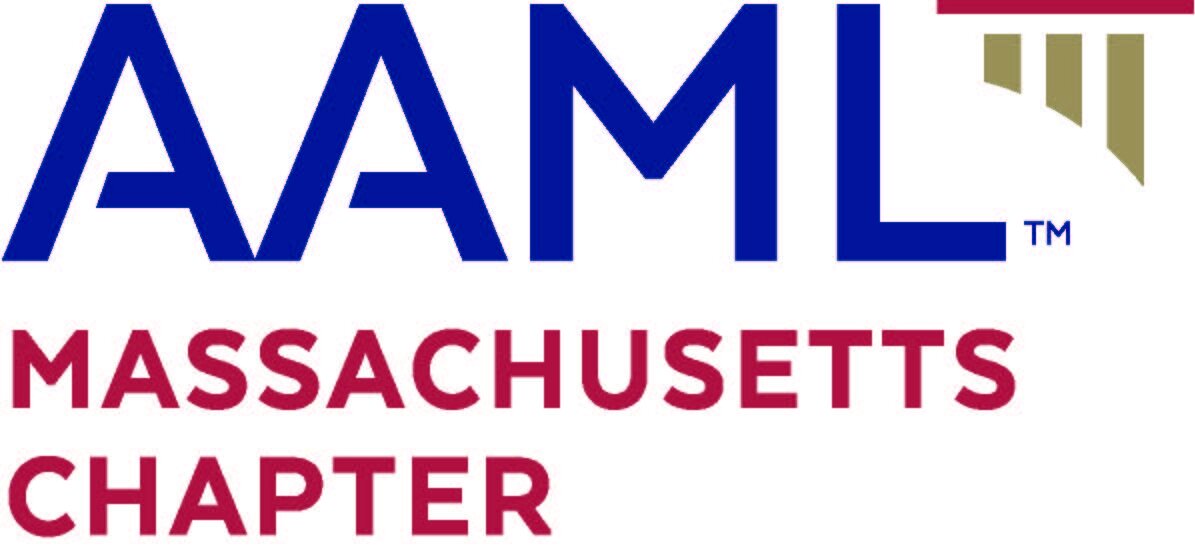Alternative Dispute Resolution (ADR)
Collaborative • Mediation • Arbitration
Family law is one area of law that does not always have to be decided in a courtroom. Litigants have the option of utilizing other methods to avoid court, called alternative dispute resolution or “ADR”. ADR is not one thing, but a variety of options to help minimize legal costs, expedite a legal matter, and often times ADR results in a more equitable or fair arrangement. The three most common forms of ADR for family law matters are collaborative law, mediation, and arbitration.
Collaborative law entails two disputing parties that want to work through the problem together without involving the courts as much as possible. This means that both parties must be willing to cooperate with one another and offer full disclosure without the fear of being found in contempt of court for being out of compliance.
The parties will each hire representation and every member of the party, and their attorneys will agree that they will find an arrangement outside of the court in a cooperative manner, or else both attorneys must withdraw from the case. The reason behind this is to give every person an incentive to cooperate. For the clients, it is the incentive of not having to hire another attorney and starting over. For the attorneys, they have no incentive to be combative because it would result in losing a client. This approach is great for people trying to minimize costs and who are capable of working together. Such cases would be two parents who want to work out a fair child custody arrangement in the best interest of their child, or an amicable divorce with limited issues of contention.
Mediation is another option to help avoid the costs of a legal matter. In Mediation each party may choose to hire an attorney or to represent themselves. A third party, often an attorney will be hired by both parties to act as a mediator. The mediator does not represent either party and, instead, helps guide the parties to a mutual agreement. The mediator will inform each party of the implications their decision can have on them but makes no decisions for them. Mediation can save clients a substantial amount of money and can be used in most situations as well as being applied to a wide range of issues, or a select few. mediation can also be used in unison with collaborative law... It is important to take notice of a mediator's agreement because not all communications made to the mediator may be confidential. It is important to talk to an attorney before you begin mediation.
The last common form of ADR is arbitration. Arbitration is a lot like a court where each party can represent themselves or hire an attorney. A third party will be hired to act as the arbitrator. An arbitrator will act similar to how a judge would in a trial. They will ensure that each party is acting in compliance with the law, hear arguments, and also make binding decisions. Each party must consent to an arbitration before it begins and must agree to the arbitrator's decision being final. An arbitrator's decision is reversible, like a court judgment on appeal, but for a very limited scope. Arbitration can help speed up a family law matter because the arbitrator will not have the same caseload as a family and probate judge does and that results in more flexible meeting times, locations, and frequency. Arbitration may also help reduce legal costs because of the pace it goes at as well as the binding final decisions that the arbitrator can make. ADR may be appropriate in situations where two parties cannot work together in collaborative law or mediation but still want to reduce legal costs although some cooperation is still expected out of each party to get the maximum benefit out of an arbitration.
ADR is a helpful tool in helping reduce the time of family matters as well as the costs. Busy schedules and large court dockets can easily make a family law matter an expensive one, but with ADR you can avoid much of the hassle, stress, costs, and time by using ADR to your advantage.
To search for an AAML Fellow that practices in Alternative Dispute Resolution near you, click here.

